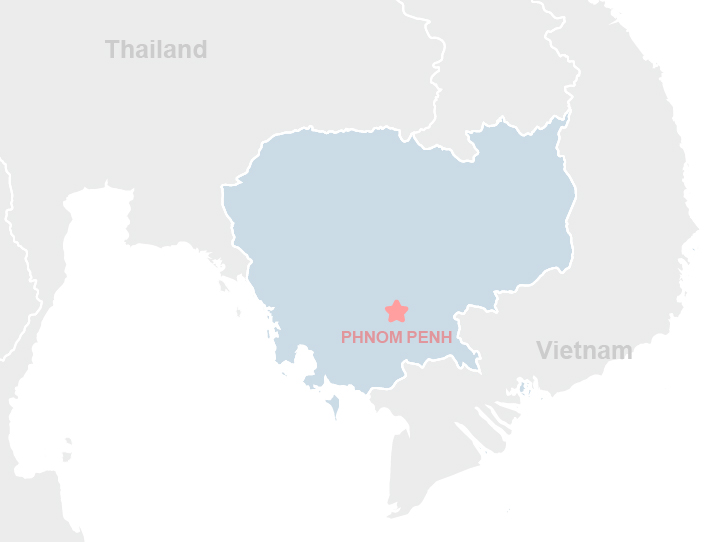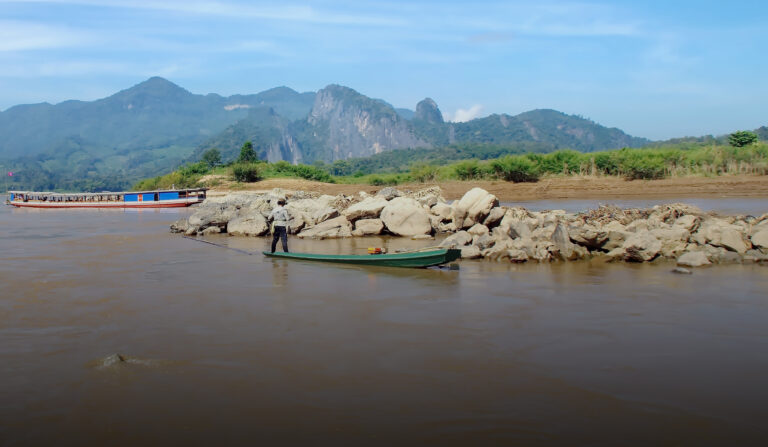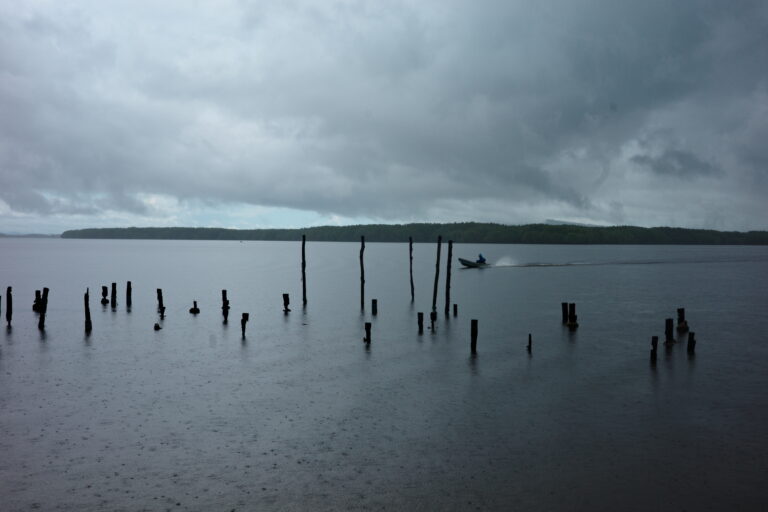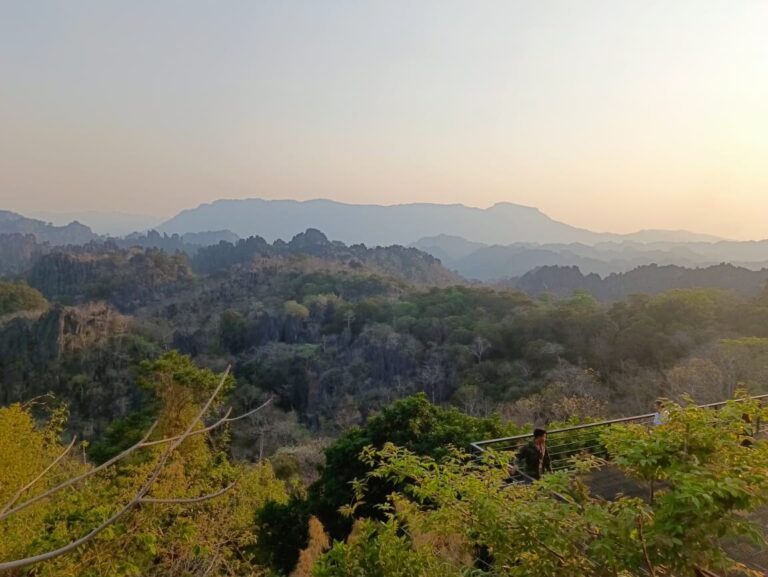Project Description
Over the past 30 years, Cambodia made significant progress in expanding access to safe drinking water through the efforts of the Royal Government of Cambodia (RGC), donors, and financial institutions. However, water supply coverage remained uneven—only 17% of rural households accessed piped water compared to nearly 80% in urban areas. In rural areas, most systems were managed by private operators lacking oversight, leading to inefficiencies, poor infrastructure, and service gaps. Strengthening water source and supply resilience became a priority for emerging towns and rural growth centers. Nature-based solutions (NbS), including green infrastructure, offered cost-effective, scalable alternatives that delivered co-benefits for health, biodiversity, and climate resilience.
Objectives, Activities, and Results
This assignment supported the Ministry of Industry, Science, Technology & Innovation (MISTI) under the WaSSIP program to explore and promote NbS in water supply planning. ICEM assessed water supply vulnerabilities and opportunities to integrate NbS into policy frameworks and operations. Activities included identifying key stressors on water systems, assessing decentralized NbS options, and providing recommendations to improve water sustainability through hybrid approaches. The project contributed to mainstreaming NbS into Cambodia’s water supply strategies by highlighting their cost-efficiency, community benefits, and alignment with national development and climate adaptation goals.




